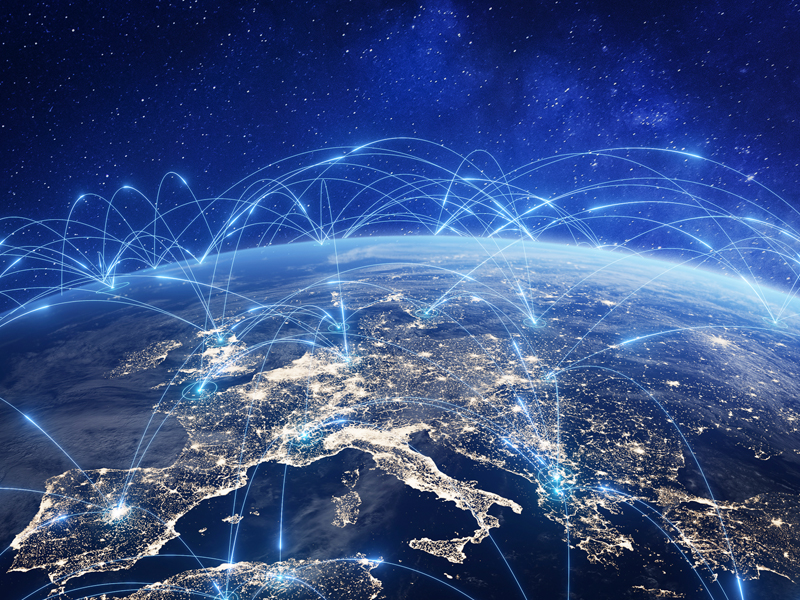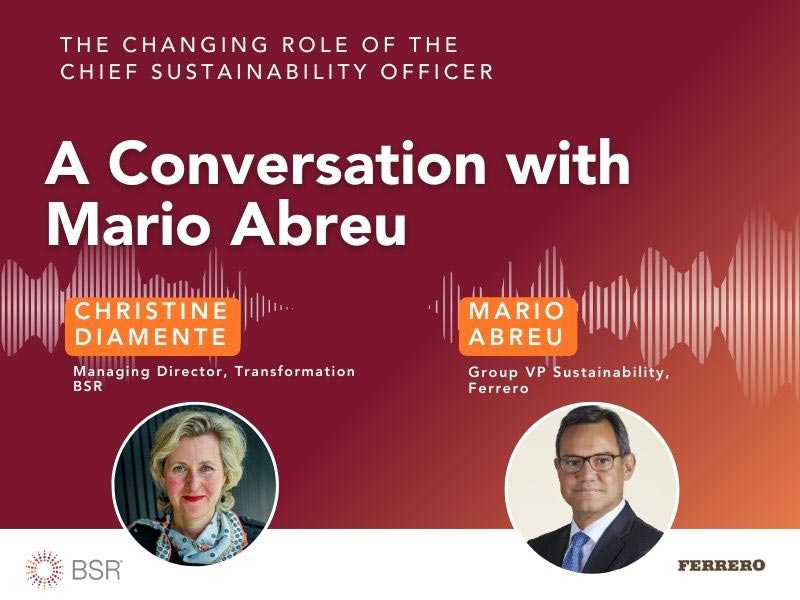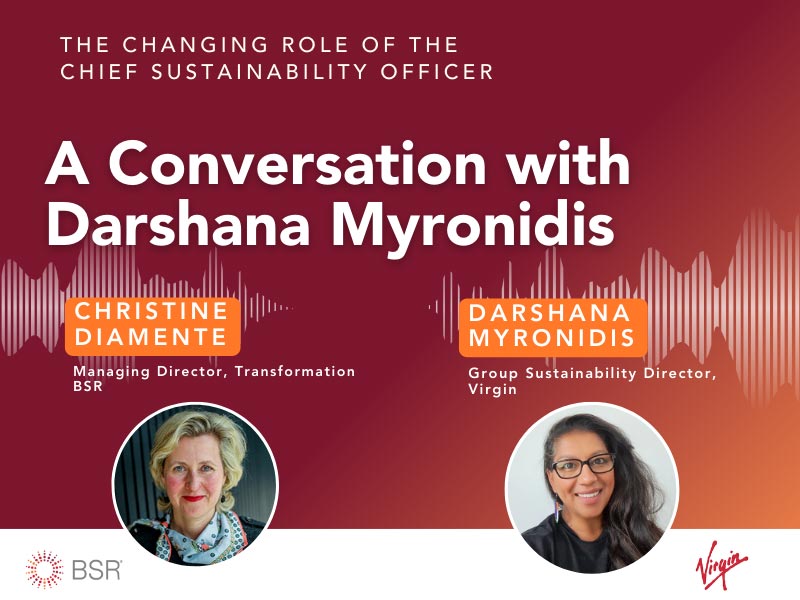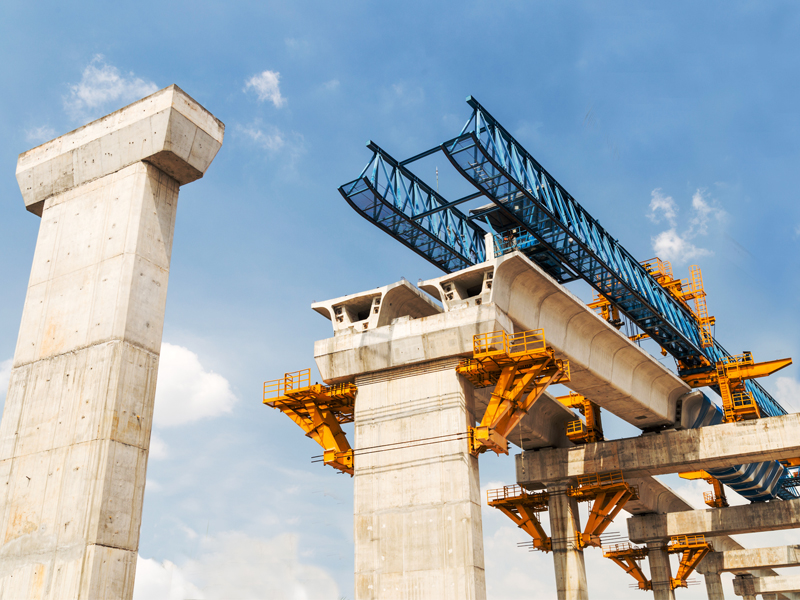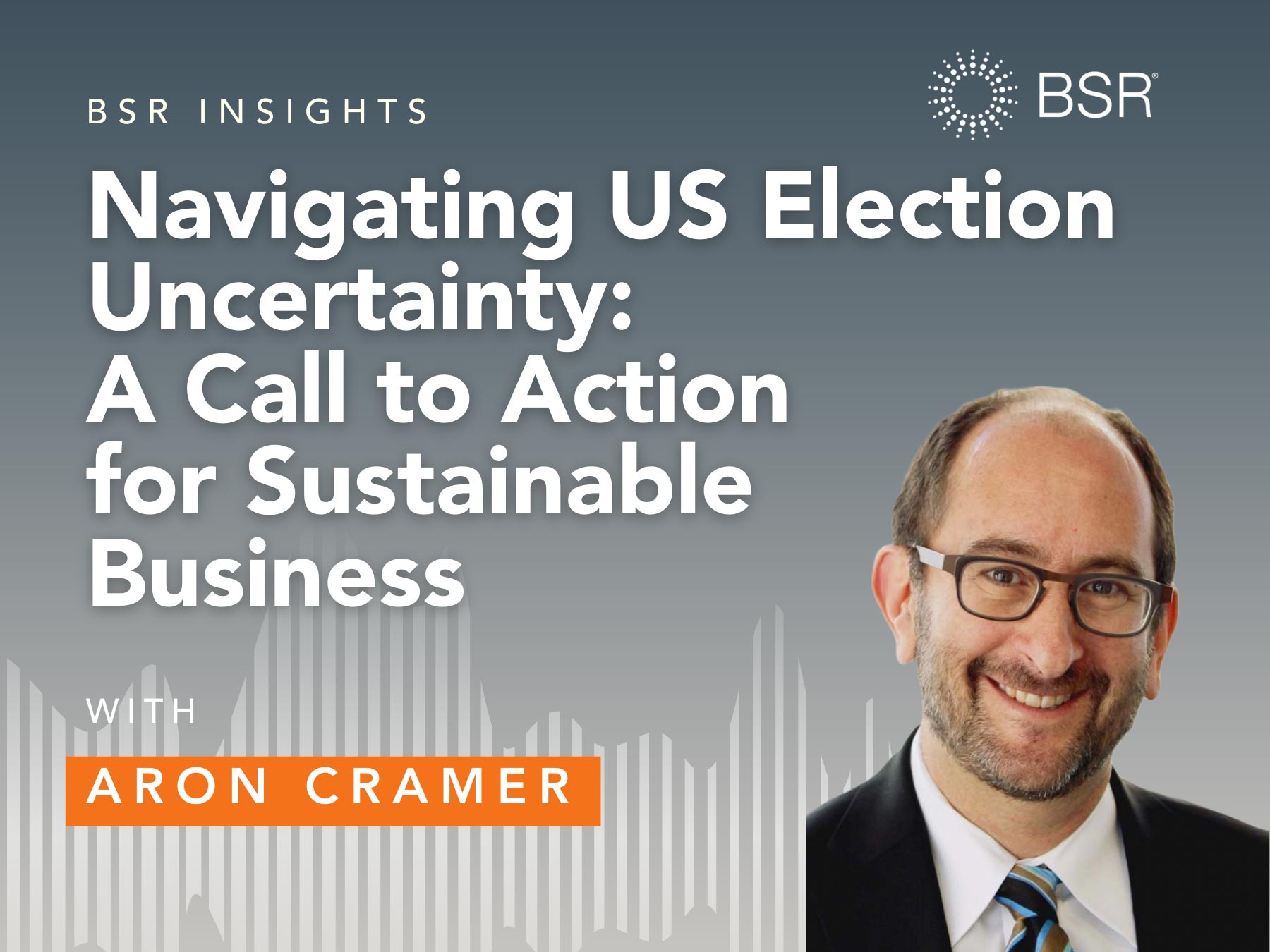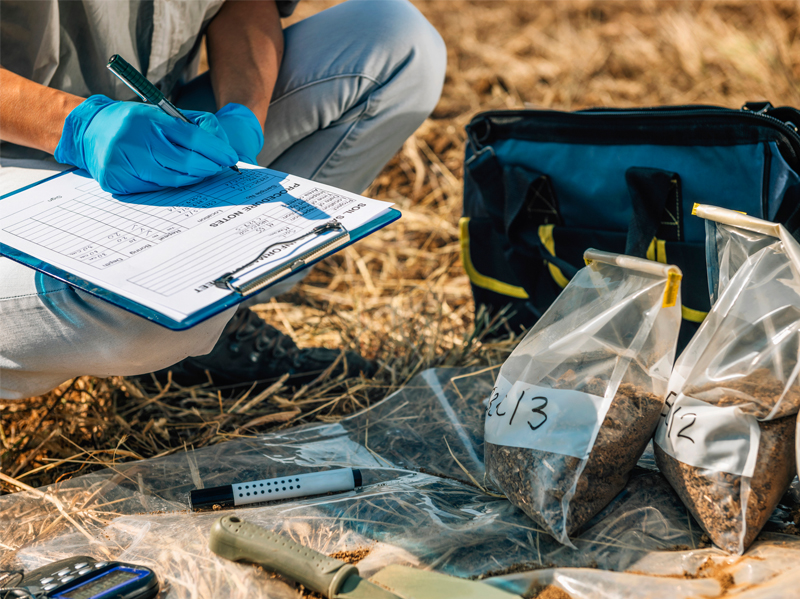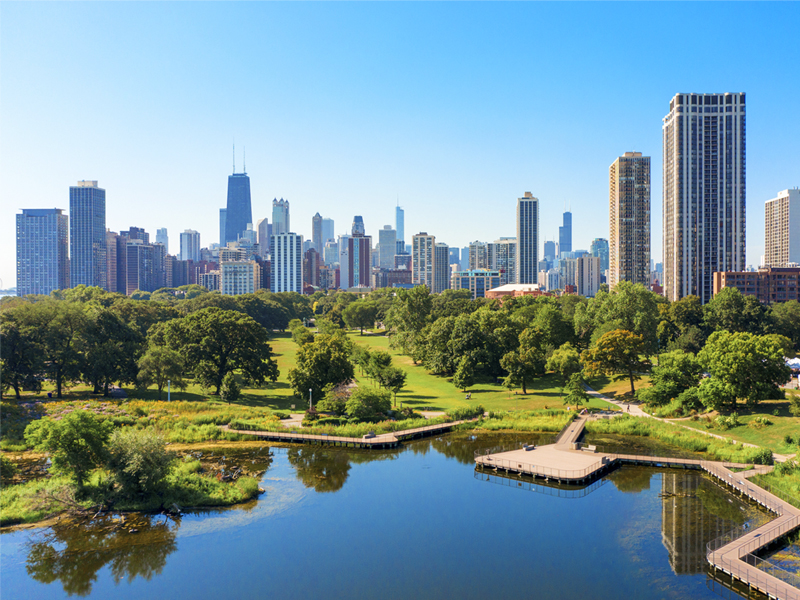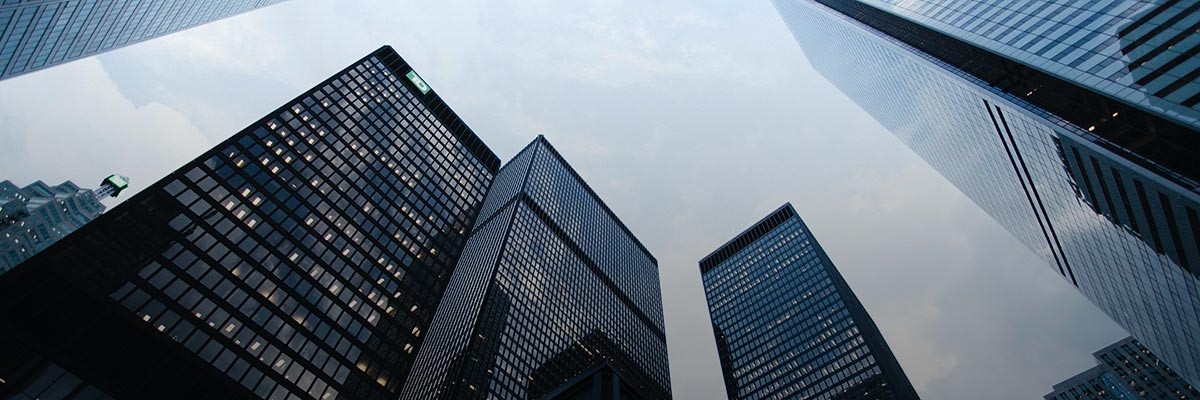
Authors
-
Jeremy Prepscius
Former Vice President, Asia-Pacific, BSR
This week, BSR convenes the global sustainability community at BSR Conference 2020. Throughout the week, sustainability leaders will join us to share, learn, collaborate, and connect around the theme Meet the Moment. Build the Future. And there is no more important time than now to assess our changed world and how business sustainability strategies can meet the challenges ahead.
As a result of the global pandemic, every company is dealing with changes in the global markets, be it upswings, downswings, or other shifts. And whether you are a global leader with sustainability already integrated through your operations or still working to figure out sustainability and its meaning for your company, all businesses are experiencing changes to their operating environments. This means that—for nearly every company—your existing business strategy and sustainability strategy need to be refreshed for the new COVID-19-affected world. Indeed, governments, consumers, investors, and employees are all grappling with how to continue in this changing environment—and as a consequence businesses’ strategy, insights, and answers matter all the more.
Business sustainability investments now will matter most as the world emerges from the COVID-19 crisis and the after-effects become clear—from increasing stressed income inequality and consumer behavior and expectations changes to direct corporate impact, including reputation and talent retention. At the same time, the challenges on the horizon, temporarily obscured by COVID-19—climate change, environmental degradation, pollution, and social inclusion—will loom all the more large.
Investments in sustainability need to translate across your entire business as it emerges from the post-COVID-19 world. How will finance, banking, and investor engagement be affected as the pools of available capital, and their expectations, change? How should you approach responsibility, product, and traceability as new consumer expectations or legal requirements emerge? How does your strategy factor emissions and climate resilience as your industry, your competitors, and your value chain increasingly focus on climate impacts and 1.5°C targets? How will your brand and marketing convey your vision, values, and roadmap to your industry, consumers, and current and future employees?
The world post-COVID-19 won’t merely be a return to the world pre-COVID-19: expectations of work are changing; job creation and income inequality are of ever-growing concern; and workers at the base of globally supply chains, particularly women and those most at risk, are being hurt.
Here are five steps to make this refresh happen.
- Update your materiality. In short, understand not only which issues are changing in importance, but why they are changing. Be sure to understand the views of your investors, your regulators, your leadership, your stakeholders. Understanding what is changing, and particularly why, helps set the stage for step two.
- Refresh your strategy and purpose. If your company has already gone through a robust strategy process, this refresh is ensuring your corporate focuses continue to align with the external environment. If your company has not yet done this, well, it is really time to get to work.
- Plan for alternate futures. COVID-19 has certainly illustrated the need to anticipate and plan for a variety of future scenarios. What will be the impact of climate change on your business operations? What if we see another COVID-19-like incident? How are social expectations changing for business in your key markets? What trade tensions may impact business and supply chains in the future? Understanding scenarios allows you to build them into your business planning processes.
- Build resilience in your value chains. Understanding current changes and potential alternate futures allows you to understand resilience and build into your value chain. Whether it is in terms of strategic sourcing options, globalization of plant, equipment, and talent, or identification of future market needs—all can be understood, planned for, and invested in.
- Engage your employees. Invest in the knowledge, understanding, and engagement of your employees as they help your company navigate the increasingly complex and diverse impacts of COVID-19 and its consequences.
The economic impacts of the COVID-19 crisis will remain for years to come. If there is one thing we can be sure of now that the pandemic has been rampaging around the world for nearly a year, it is that the world post-COVID-19 won’t merely be a return to the world pre-COVID-19: expectations of work are changing; job creation and income inequality are of ever-growing concern; and workers at the base of globally supply chains, particularly women and those most at risk, are being hurt. As a consequence, markets, politics, and expectations of consumers, employees, and businesses—all continue to change.
At BSR, we continue to work through these issues with our members. From stakeholder engagement materiality processes, strategy integration, and futures scenarios to value chain resilience and employee engagement, we look forward to connecting with you, our members, partners, and network to build a more resilient, equitable, and sustainable future.
Topics
Let’s talk about how BSR can help you to transform your business and achieve your sustainability goals.

